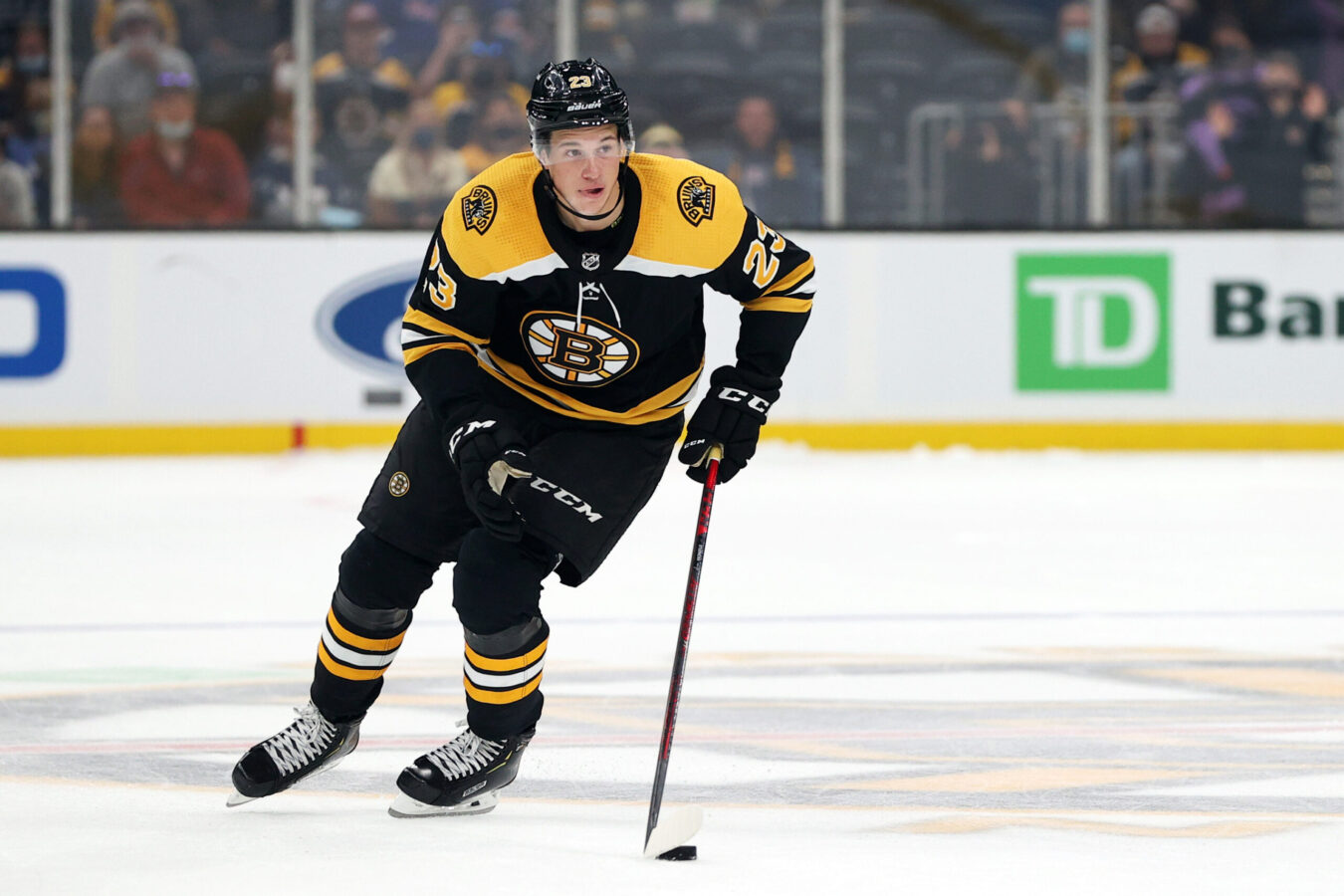Got a feeling they’re probably gonna kill me for this one, but count me among that didn’t walk away from the close of the 2022 NHL trade deadline in utter disbelief that the Bruins didn’t solve all of their problems.
Let’s start with two basic, undeniable points.
One: The Bruins are a better team than they were a week ago. They added a dependable left-shot defenseman to their top four. No matter where the 28-year-old Lindholm slots out of the gate for the Bruins, whether it’s with Charlie McAvoy on Boston’s top pair or to the left of Brandon Carlo on the B’s second unit, the 6-foot-4 Swede is a worthwhile addition. The Bruins also addressed their paper-thin right side defensive depth with the addition of the Senators’ Josh Brown. Given the way this team routinely burns through defensemen, that was an absolute must (and it was a must a year ago when they didn’t do it). Being better than you were the previous week is the obvious goal of any deadline movement, and the Bruins accomplished that.
Two: The Bruins weren’t going to leapfrog the Panthers, Hurricanes, or Lightning with any of the moves available to them Monday. It just wasn’t happening. Rickard Rakell, Andrew Copp, or Justin Braun. Take your pick. The Bruins were not bridging the gap between themselves and those teams on Mar. 21. The Bruins will remain an underdog against any of those teams.
(Click here to subscribe to the Sports Hub Underground podcast.)
With that in mind, does it suck that the Bruins left cap space on the board? Of course. But I wouldn’t say that their deadline day inactivity was for a lack of trying. The message you heard again and again this deadline was that the Bruins were among the most aggressive teams in the league. They didn’t wait for the perfect price on the Ducks’ Lindholm — which was a nice change from the Bruins getting beat to the punch, which they experienced in the past with Blake Coleman to the Bolts and Kyle Palmieri to Long Island — and they actually tried to make the Lindholm trade an even bigger package.
The Bruins tried again Monday and were in serious talks with the Ducks for Rakell along with Vegas before Pittsburgh popped into frame and offered a roster player, second-round pick, and prospect. The Bruins’ appetite to go without a second-round for three years in a row (or three of the next four or five years at the very best) without term involved was a limited one.
The B’s also made a serious push for Flyers captain Claude Giroux before Giroux made it known that he’d only go to Florida. Outside of some tampering (‘sup 2013 Sidney Crosby calling Jarome Iginla and ruining everything?), there’s nothing the Bruins could have done to change that. You got the sense that there was some frustration within the Philly front office regarding that whole thing, too, as they felt that the offers from the other interested parties were better than Florida’s opening offers.
San Jose’s Tomas Hertl was never made available, and the free-falling Canucks ultimately chose not to sell off the top-of-the-roster pieces that the Bruins would have wanted, such as J.T. Miller and Conor Garland. Had any of those players been on the block, the Bruins would have been rushing to the front of the line and negotiating until the phones died.
But that didn’t happen, and this is a bit too close to getting the Bruins in trouble for something they didn’t do. Buying big just to say you did it would have been the worst move they could have made. I mean, are we really going to sit here and say we wouldn’t be killing the Bruins if they sent that Ranger package (two second-round picks and a prospect) for Andrew Copp? In no world were the Bruins an Andrew Copp addition away from justifying going four years without a second-round pick.
“We kept towards what we have, our prospect pool, knowing what we have in a couple of players in particular that we’ve felt were a big part of what we’re going to need going forward,” Bruins general manager Don Sweeney said. “There’s always a balancing act there, it just is. You’re paying it forward to some degree or borrowing it and paying it now.
“We could have stayed in on other things as well.”
But they ultimately had to make a true difference, or at least make you think so, and that was the trickiest part.
“Moving the pieces around and where guys were going to play was a little bit of a challenge for us if it didn’t really move the needle,” Sweeney admitted. “Obviously, we would like to have probably added a little more depth [up front], but several of our guys have really stepped up and played well and feel that we’re in a good spot overall with our hockey club.”
Better than they were a week ago, at the very least.









